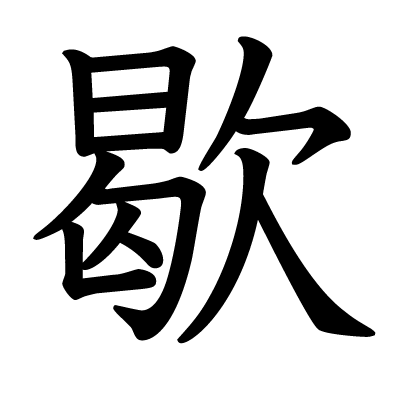

The reading is also given in romaji, making the book suitable for any level. In the main section, each page has one expression, written in hiragana (Japanese onomatopoeia doesn't use kanji). Since many of the English translations of the words take up multiple lines, such an index would have been impractical. However, it's easy to see why this wasn't included. The only thing missing that would make it a more useful reference tool is an English meaning index. However, the index in the back lists the words and page numbers in ABCD order, so it's easy to look up a word either way. They are arranged in the same way you'd find in any Japanese dictionary – that is, not by ABCD, but by aieuo あいうえお ( ). The 181 explanations and illustrations of the expressions are the real meat of the book. I suddenly become very proud and boastful and have a burning desire to introduce them and get people to understand them. When it comes to onomatopoeic expressions in Japanese, however, my cool attitude changes dramatically. However, what really comes out of the preface is Gomi's motivation for writing the book, his love for Japanese onomatopoeic expressions. It's slightly rambling, veering from Gomi's affection for kabuki to his view that linguists are lazy when it comes to examining onomatopoeia. It's written in English and Japanese on opposite pages, so you can use it as reading practice too. The preface at the beginning is worth a read.

Among the words in this dictionary you'll find ones for the feeling of being electrocuted ( biribiri びりびり ( )), dozing or napping ( utouto うとうと ( )), and smiling in a faint, yet meaningful manner ( niyaniya にやにや ( )). So it's still a useful book to have on hand if you are interested in onomatopoeia, which in Japanese extends far beyond crash, bang and pop. Nihongo Gitaigo Jiten 日本語擬態語辞典 ( ) was first published in 1989 and republished in 2004, but onomatopoeia never goes out of style, especially in Japan. Let's majimaji まじまじ ( ) (take a good look at) it. Yes, the guy who wrote *Everyone Poops* also wrote a dictionary. You may know him best as the author of the seminal and groundbreaking book Everyone Poops. The author of An Illustrated Dictionary of Japanese Onomatopoeic Expressions is Taro Gomi.


 0 kommentar(er)
0 kommentar(er)
